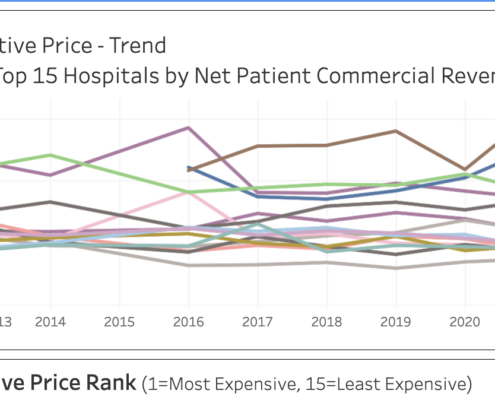Foster Family Fixes: Serving Our Most Vulnerable Children with Foster Care Reform
Join Joe Selvaggi and Pioneer Senior Healthcare Fellow Josh Archambault as they discuss specific reforms that could improve the current foster care system. Josh shares findings from his recent research, as well as his experiences as a foster parent himself. Read Josh’s recent USA Today op-ed on this topic.
Interview Guest:
Josh Archambault is Pioneer’s Senior Fellow on Health Care Policy. Prior to joining Pioneer, Josh was selected as a Health Policy Fellow at the Heritage Foundation, served as Legislative Director for State Senator Scott Brown, and as a Senior Legislative Aide in the Governor’s Office of Legislative Affairs. Josh holds a Masters in Public Policy from Harvard University’s Kennedy School and a BA in Political Studies and Economics from Gordon College.
Get Our COVID-19 News, Tips & Resources!
Related Research














